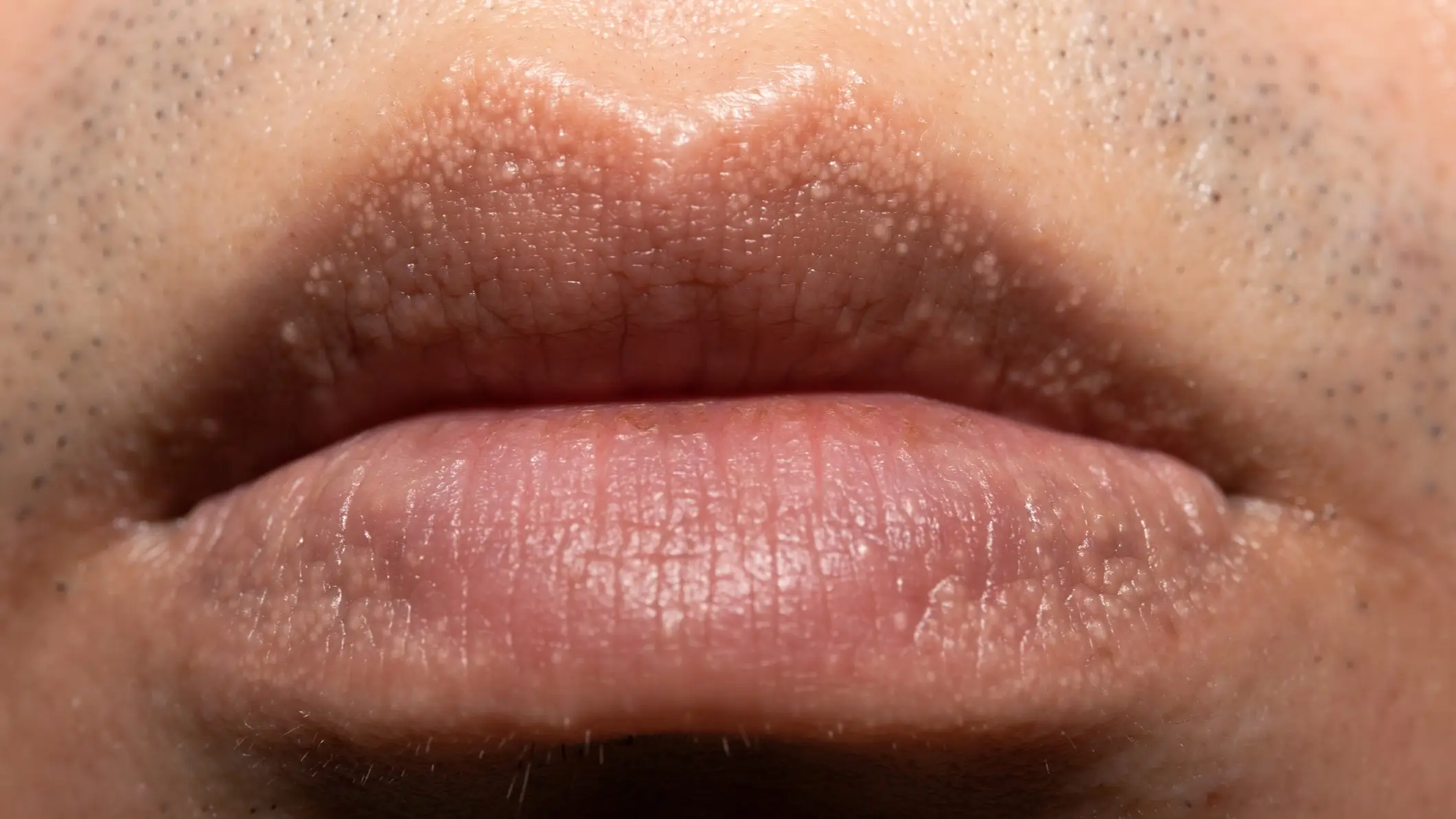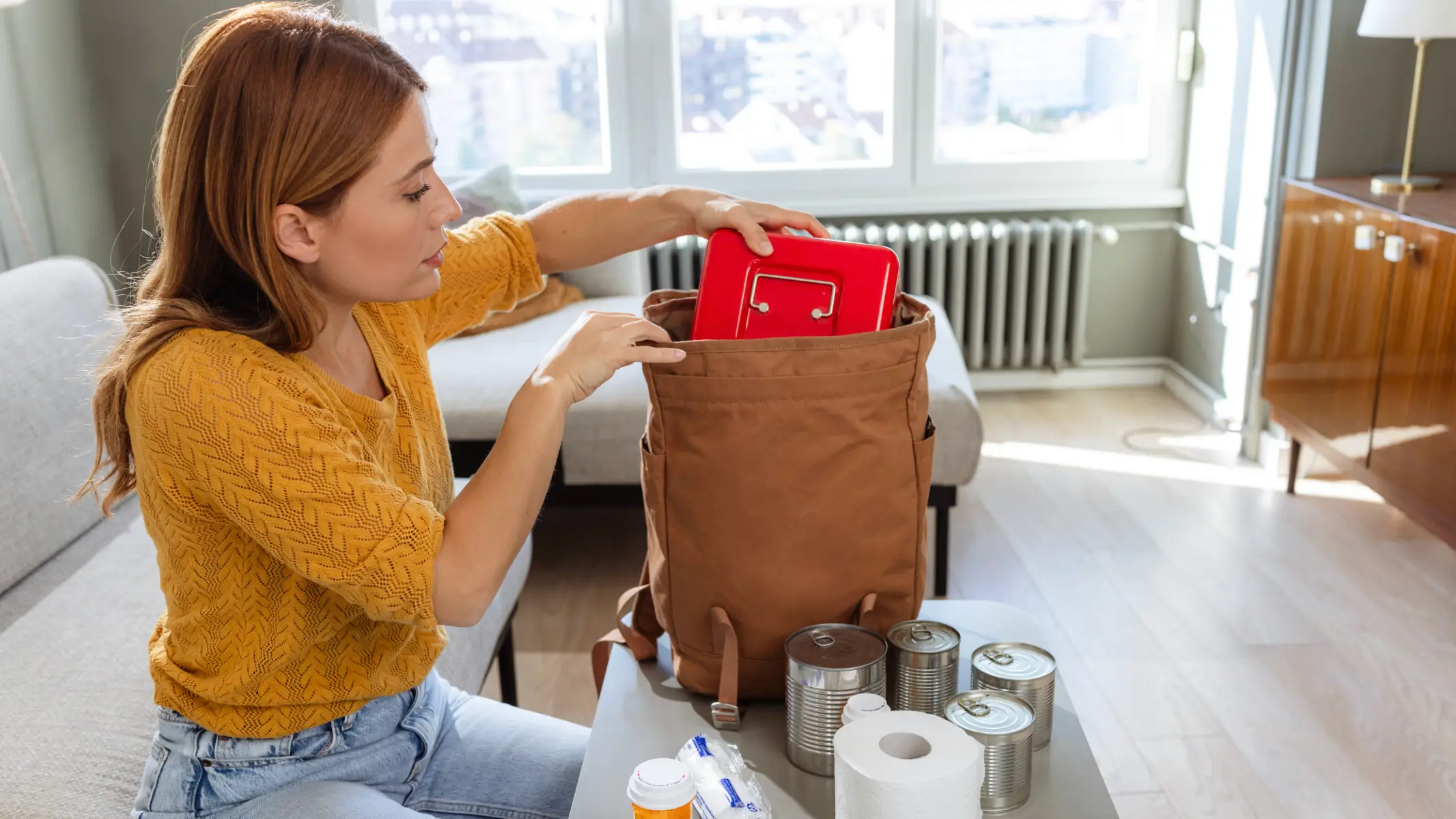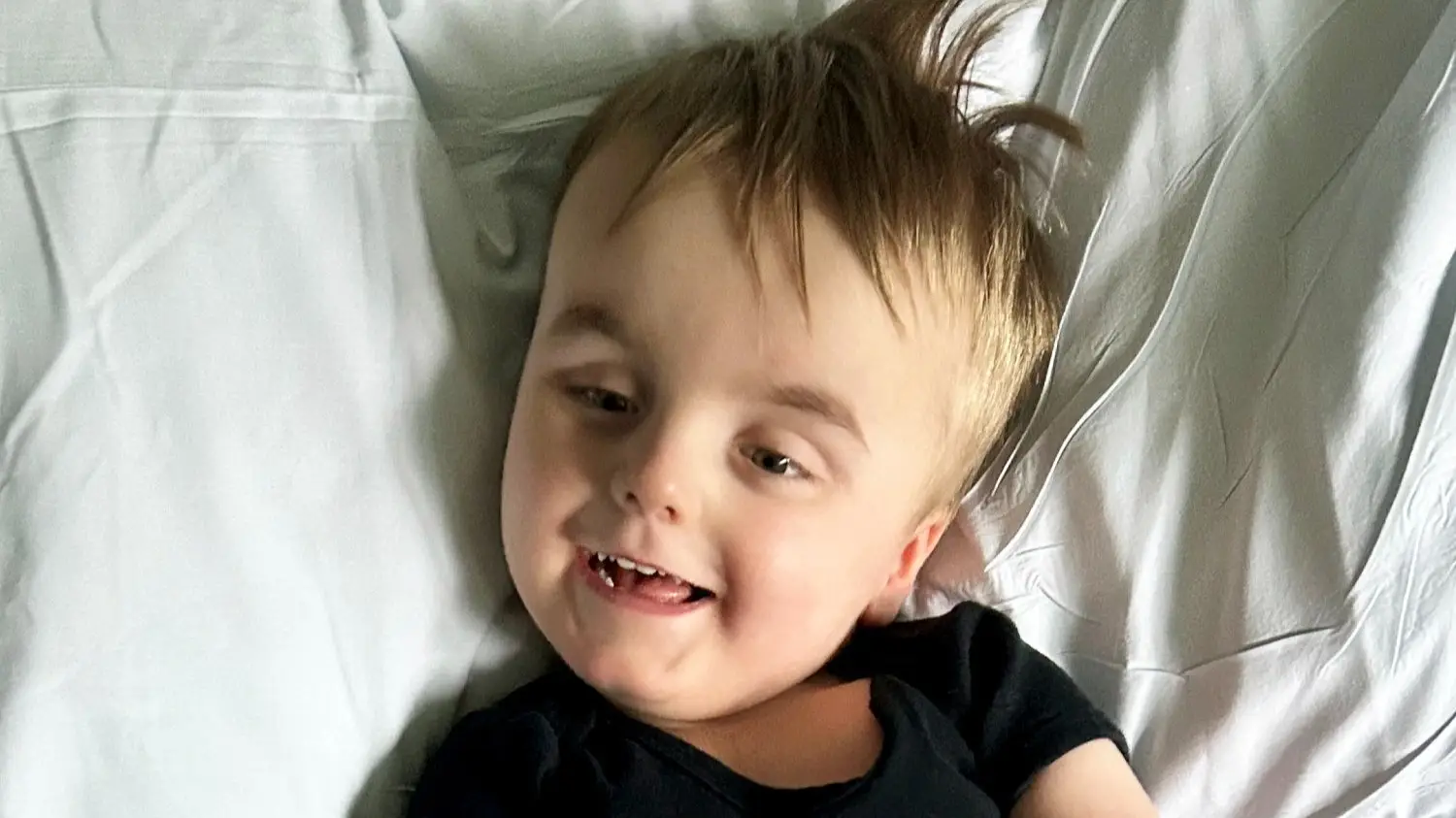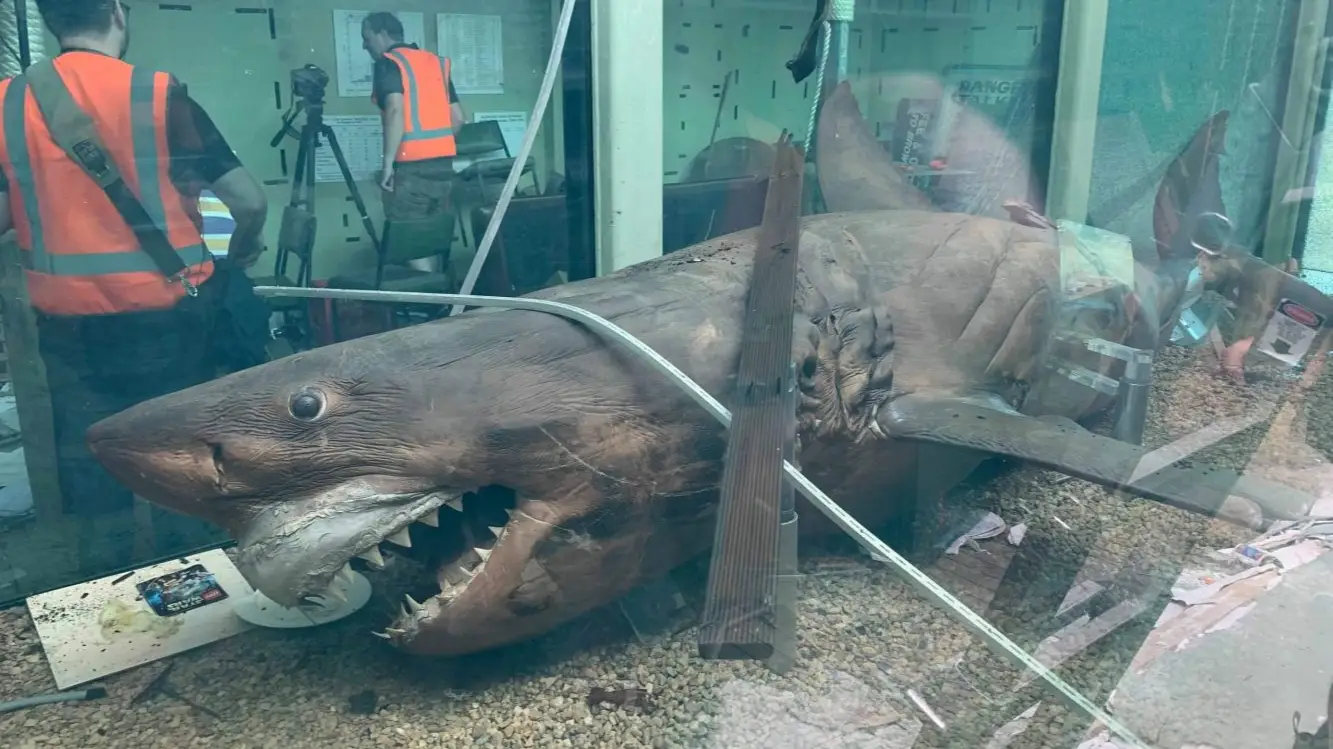


Dmitry Medvedev says Trump's attack on Iran has put Americans at 'potential risk'

Conflict has erupted across the Middle East following the weekend strikes

The vice-president was previously quizzed on the topic in an interview

It is now one of the most common cancers across the world

Look up to the skies and you'll be able to see a 'blood moon'

What would happen if Iran decided to assassinate the US president?

Ever fancied moving to a new country? Really think about it

So you've woken up to a cluster of white spots – here is what they are and what to do

Discoveries like this don't come around often

Conflicts in the Middle East have escalated following Iran's strike on RAF Akrotiri in Cyprus

The experts say that loads of people 'unknowingly engage in daily habits that contribute to yellowing teeth'

At just five-months-old, he became the 27th person in history to be diagnosed with the condition

The commander-in-chief said that everything has been 'going as planned' for the US and Israel so far

Keir Starmer has allowed the US the 'specific and limited defensive purpose' of using British bases against Iran

Rosie the shark got left behind when the wildlife park her preserved body was in closed down

He said most people have 'no idea' they've got it

Tiffany Score and Steven Mills feel a 'moral obligation' for their daughter to be reunited with her genetic parents

The family of a 23-year-old have asked for help

There are websites where you can bet money on global developments

Ian Huntley is serving life in prison for the 2002 murder of Holly Wells and Jessica Chapman

Tourists are being warned following air strikes in Dubai and cancelled flights

President Trump called Ayatollah Ali Khamenei 'one of the most evil people in history'

A content creator documented what he experienced while taking the supplement




